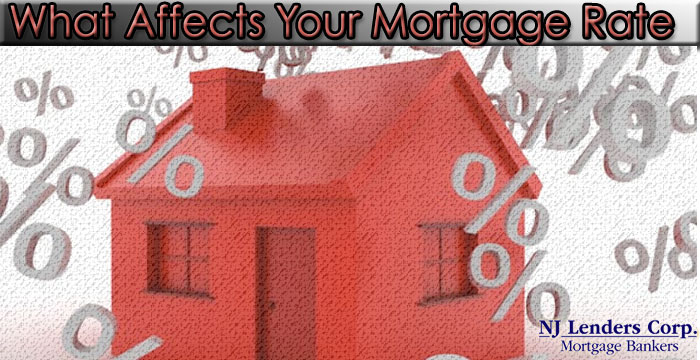What Affects Your Rate Quote? | Understanding How A Rate Is Set

Have you ever been curious how lenders set their interest rates? Wonder why lenders ask a series of questions when you call and ask them about their rates before they make any sort of quote? Mortgage lenders price their mortgage each business day on the very same set of indices. Without going into detail, that’s for another blog, lenders set a 30 year fixed rate based upon the price of the FNMA-30yr 3.0 coupon. That’s a mortgage bond and can fluctuate day to day and even through the course of the day. That said, it’s just a starting point.
A lender may have a general interest rate they quote to potential borrowers but that rate is subject to other factors as well. This is why lenders won’t lock in your interest rate until they’ve received a completed loan application and reviewed a credit report. You can have three different borrowers call the very same lender on the very same day and they may each have a different quote. Not a big difference, but a difference nonetheless.
For example, borrower A might have a quote for a 30 year mortgage of say, 3.75 percent with one point. Borrower B might have a quote of 3.75 with one-half point while borrower C could be quoted 3.875 percent with no points. All for the same 30 day lock period. But there is a method to this apparent madness.
Understanding The LLPA (Loan Level Pricing Adjustment)
Lenders price their loans based upon the Loan Level Pricing Adjustment, or LLPA. This is in effect a grid showing various pricing adjustments that can affect a mortgage quote. What are these adjustments?
Down Payment - The amount of down payment can affect a quote. Those with a 3.00 percent down payment can have a higher rate than someone with 20 to 30 percent down.
Credit Score - The credit score is also a big factor. Obviously, the higher the credit score the better the quote. Credit scores above 740 get the best quotes while those with scores near 620 can see a rate quote a bit worse.
Property Type - What type of property is being financed? A single family residence? A four-unit property? What about occupancy, will the borrower live in the property or used for a rental? How about a vacation home? Property type and occupancy will also affect a rate quote.
Lock Term - The longer you want to have your rate guaranteed, the higher your rate might be or the more points you are required to pay. Rates for lock periods of 90 days will be higher than a lock for a 15 day period, for example.
Loan Size - Lenders can also adjust a rate based upon the amount borrowed. Some lenders increase a rate if the loan amount is relatively small but can also increase the rate if the loan is greater than the local conforming loan limit. Larger loans, called jumbo loans, will have higher rates.
When getting rate quotes, make sure you understand at what point you can lock in your loan. Lenders will provide you with an interest rate lock policy they follow upon request or when you submit a completed loan application.
Rates from one lender to the next shouldn’t vary greatly but there can be differences. Regardless, they price most every mortgage loan in their portfolio using the LLPA.